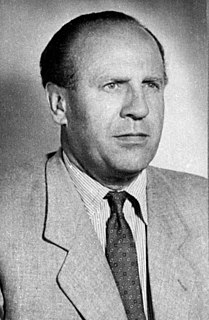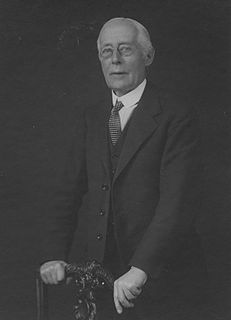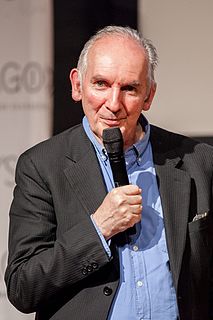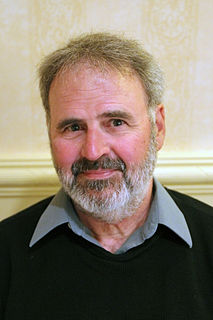A Quote by Carl Jung
One is forced to speak not of what is held in common between the cultures, but what is held in common between the myths, and that in its simplest archetypal forms.
Related Quotes
Capitalism is based on the principle that everything has to be privately owned; it can't be held in common. There is even a dogma, which is today called, the "tragedy of the commons" which holds that if things are held in common they are going to be destroyed. If they're privatized, like you give them to Bechtel or Monsanto or ExxonMobil, then they'll be preserved because that's the capitalist's religion.
I have long held an opinion, almost amounting to conviction, in common I believe with many other lovers of natural knowledge, that the various forms under which the forces of matter are made manifest have one common origin; or, in other words, are so directly related and mutually dependent, that they are convertible, as it were, one into another, and possess equivalents of power in their action.
All people in the world - who are not hermits or mutes - speak words. They speak different languages, but they speak words. They say, "How are you" or "I'm not feeling well" all over the world. These common words - these common elements that we have between us - the writer has to take some verbs and nouns and pronouns and adjectives and adverbs and arrange them in a way that sound fresh.
We have a common enemy. We have this in common: We have a common oppressor, a common exploiter, and a common discriminator. But once we all realize that we have this common enemy, then we unite on the basis of what we have in common. And what we have foremost in common is that enemy - the white man. He's an enemy to all of us. I know some of you all think that some of them aren't enemies. Time will tell.
Now I wonder what our knowledge has in common with God's knowledge according to those who treat God's knowledge... Is there anything else common to both besides the mere name? ...there is an essential distinction between His knowledge and ours, like the distinction between the substance of the heavens and that of the earth.
The invention of writs was really the making of the English Common Law; and the credit of this momentous achievement, which took place chiefly between 1150 and 1250, must be shared between the officials of the royal Chancery, who framed new forms, and the royal judges, who either allowed them or quashed them.
The power of both myth and art is this magical ability to open doors, to make connections - not only between us and the natural world, but between us and the rest of humanity. Myths show us what we have in common with every other human being, no matter what culture we come from, no matter what century we live in. . .and at the same time, mythic stories and art celebrate our essential differences.
What binds us together is not common education, common race, common income levels, common politics, common nationality, common accents, common jobs, or anything else of that sort. Christians come together because they have all been loved by Jesus himself. They are a band of natural enemies who love one another for Jesus' sake.
Common sense is not something rigid and stationary, but is in continuous transformation, becoming enriched with scientific notions and philosophical opinions that have entered into common circulation. 'Common sense' is the folklore of philosophy and always stands midway between folklore proper (folklore as it is normally understood) and the philosophy, science, and economics of the scientists. Common sense creates the folklore of the future, a relatively rigidified phase of popular knowledge in a given time and place.





































